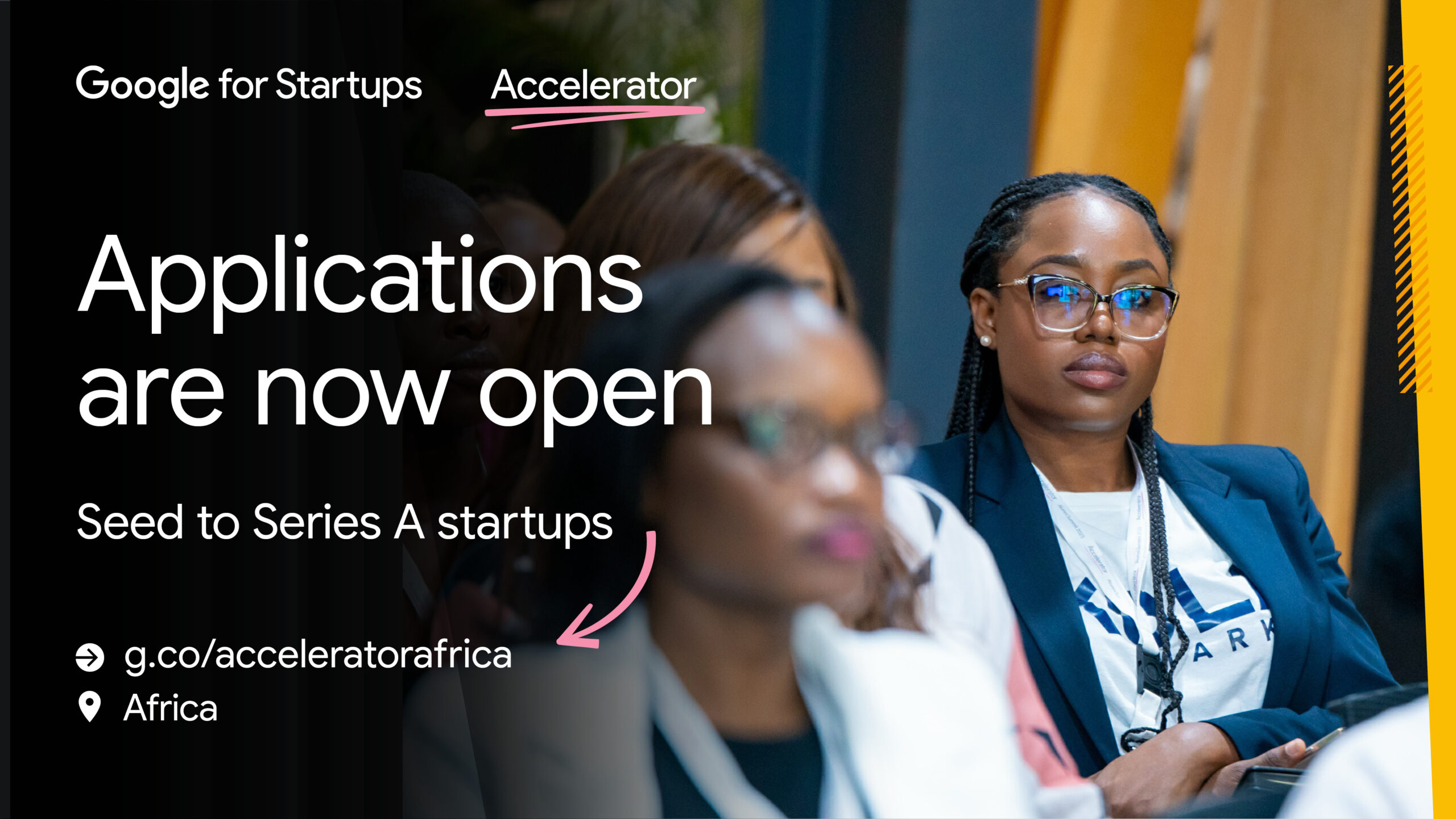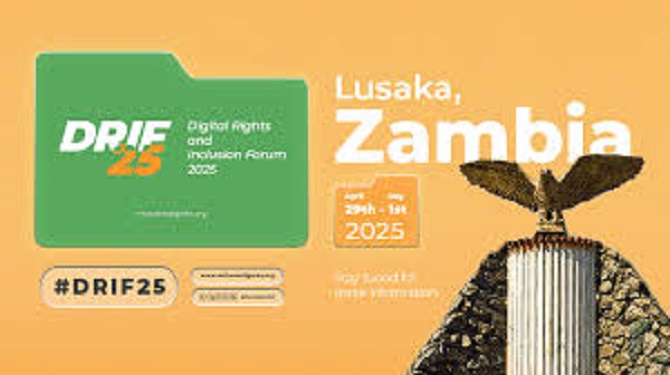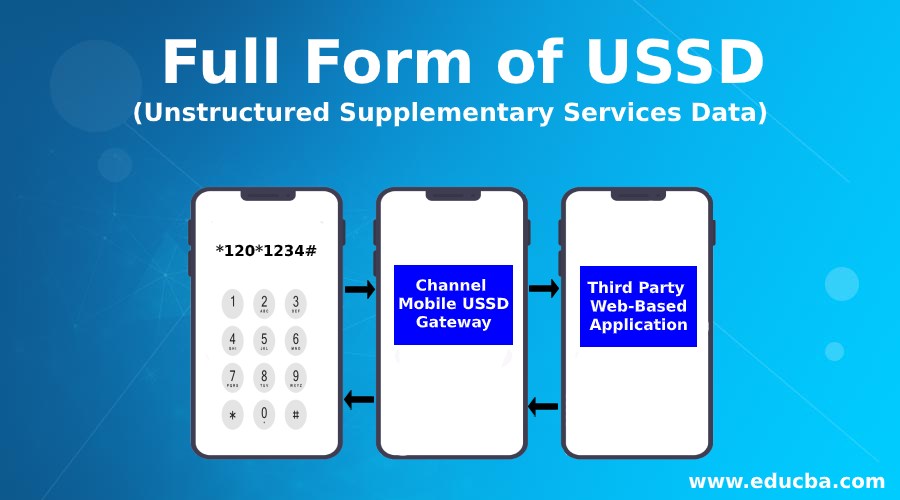Telecom
Jumia kicks off 6th Black Friday Campaign Aimed at Promoting SMEs

Jumia Nigeria on Thursday announced the commencement date for its 6th Black Friday campaign, aimed at revolutionizing the shopping habit of Nigerians, promoting the convenience of online shopping and growing small and medium businesses across the country.
Mrs Juliet Anammah, chief executive officer, Jumia Nigeria, made the announcement during a press conference to flag off the campaign in Lagos.
She stated the campaign will run from Friday, November 2nd (midnight at 12.01am) through November 30th, 2018.
Anammah also stated that special deals such as flash sales, treasure hunts and special vouchers will be exclusively available to customers who shop on the Jumia App.
“We expect to see an increase of 50% website traffic as a build up over last year’s Black Friday.
“The rise of mobile penetration in the country which stands at 84% is one of the factors driving our App and website visits; others being our amazing deals.
“Last year, 79% of our customers shopped on mobile phones (website & App), and we are looking to upturn the numbers to 100% at the end of 2018, in order to achieve the country’s goal of becoming a mobile-first country,” she added.
Shobhit Pandey, chief commercial officer, Jumia Nigeria, Speaking of the concerted efforts Jumia has put in providing customers with a wide assortment of quality products to choose from said,“We have doubled our product assortment compared to 2017 Black Friday campaign.
“This year, with the support of our vendors, we are offering our customers discounts as high as 80% on categories such as men’s and women’s fashion, 70% on wristwatches and sunglasses, 65% on health and beauty products, 50% on mobile phones, electronics, and groceries, and 40% on fitness and automobile products.
“Unlike last year, these amazing deals will only be available every Friday of the week in the month of November.”
He further thanked Jumia’s partners, such as Binatone, HP, Samsung, and Haier for offering the best rates during the campaign.
Prasun Banerjee, Managing Director, Binatone Nigeria who spoke about why the partnership with Jumia for Black Friday will help deepen ecommerce penetration in the country, said: “Jumia has made the Black Friday sales event a wonderful opportunity for us to offer huge discounts to their customers, thereby enabling us to sell more items than we projected.
“This means that more Nigerians will shop during this period.”
Banerjee also mentioned that the Black Friday campaign has become, through Jumia, the most anticipated shopping festival since 2013 in Nigeria.
Although, logistics has always been the biggest challenge facing most eCommerce companies in the world and in Nigeria especially during special sales campaign such as Black Friday.
However, the country manager for Jumia Services (Jumia’s logistics arm), Tolulope George-Yanwah has assured customers to expect excellent delivery services during and after the campaign.
According to her, Jumia has identified some logistics challenges during Black Friday, and these have been fixed ahead of November 2nd.
“We have a projection to process 50% more orders than last year’s Black Friday, and we have ensured to put in place an increased workforce, split across the major cities in the country.
“Our delivery associates have been trained on the best technologies that will aid the discharge of their duties.
“We have also provided a real-time technology that allows our customers to trace the fulfilment process of their orders from when they are shipped from the warehouse till they are delivered.
“This is besides necessary partnership that we have entered with other delivery companies to support our efforts towards ensuring orders are delivered on time,” added Anammah
Olamide Amosu, Head, Engagement Marketing, Jumia Nigeria, explained why the company is focused on driving its App usage, especially for the Black Friday period.
She said: “We’re focused on encouraging our customers to make all their purchases on the mobile App due to the increasing number of customers shopping on our website via their mobile phones, and the easy access it provides customers to access bigger deals and enhance price comparison.
“Shopping on the App consumes less data which helps customers to save money, and to make it attractive for use, special deals such as flash sales, treasure hunts and special vouchers will be exclusively available to customers who shop on the Jumia App.”
On the other hand, Jumia’s all in one App – Jumia One – in the spirit of Black Friday, will be giving 10 lucky customers N10,000 worth of airtime, 10 lucky customers N10,000 worth of TV and internet subscriptions if they buy from at least 2 different services on the App, 10 lucky customers N10,000 worth of airtime if they purchase a minimum of N1,000 airtime, and 50% cashback for airtime purchase within the first 1 hour.
Telecom
Google Launches 2025 AI Startups Accelerator Program for African Innovators

Google has opened applications for the 2025 Google for Startups Accelerator Africa program, a three-month initiative designed to support early-stage startups using artificial intelligence to address Africa’s most pressing challenges.

Across the continent, startups are demonstrating how local innovation can solve deeply rooted problems. In West Africa, Crop2Cash – an agritech platform and alumni of the program – is using AI to digitally onboard smallholder farmers, build their financial identities, and provide them with access to credit, traceable payments, and productivity tools.
Through these efforts, Crop2Cash is improving agricultural outcomes and unlocking economic opportunity for farmers who have long been excluded from formal systems—illustrating the kind of impact that’s possible when African startups receive the support they need to scale.
The Accelerator is open to Seed to Series A startups based in Africa that are building AI-first solutions. Startups must have a live product, at least one founder of African descent, and a clear vision for responsible AI innovation. Selected participants will receive:
Dedicated technical mentorship from Google and industry experts
Up to $350,000 in Google Cloud credits
Access to a global network of investors, partners, and collaborators
Workshops focused on technology, product strategy, people leadership, and AI implementation
AI’s potential to accelerate Africa’s development is real, and Google is investing in ensuring that African startups lead that charge. According to McKinsey, AI could add $1.3 trillion to Africa’s economy by 2030, but only if bold innovation is supported at the grassroots.
“Startups are Africa’s problem solvers. With the right resources, they can scale their impact far beyond local communities,” said Folarin Aiyegbusi, Head of Startup Ecosystem, Africa at Google.
“This program reflects our belief that AI can be transformative when shaped by those who understand the context deeply.”
Since 2018, the program has supported 140 startups from 17 African countries. These alumni have raised more than $300 million in funding and created over 3,000 jobs. Many are now regional and global leaders in their categories.
Applications for the 2025 cohort are now open. Startups interested in participating can apply at: https://startup.google.com/programs/accelerator/africa
For further information and updates, visit the Google Africa Blog or follow @GoogleAfrica on social media.
Telecom
DRIF25 Brings Together 1,000 Delegates in Lusaka

The Digital Rights and Inclusion Forum (DRIF25) is all set for its 12th edition, taking place from April 29th to May 1st, 2025, at the Mulungushi International Conference Centre in Lusaka, Zambia.

Over 1,000 delegates from 65 countries are expected to attend this highly anticipated event, with registration officially closed on April 13th, 2025.
The forum will feature esteemed speakers, including Zambia’s Minister of Technology and Science, Hon. Felix Mutati; Advocate Pansy Tlakula, Chairperson of the Information Regulator of South Africa; and ‘Gbenga Sesan, Executive Director at Paradigm Initiative.
Other notable contributors include Usama Khilji, Executive Director of Bolo Bhi, and Beatrice Mutali, the UN Resident Coordinator for Zambia.
Organized by Paradigm Initiative (PIN) with support from local and international partners such as Bloggers of Zambia, Internet Society Zambia, and the Zambia Ministry of Technology and Science, DRIF25 will focus on the theme: Promoting Digital Ubuntu in Approaches to Technology.
Discussions will tackle critical issues such as Artificial Intelligence, Data Protection, Digital Inclusion, and Human Rights.
The three-day forum will include 122 sessions, ranging from workshops and panel discussions to tech demos and exhibitions.
These were selected from a record-breaking 345 proposals, continuing the forum’s growth over recent years. Sponsors like Ford Foundation, Meta, Google, and Wikimedia Foundation play a crucial role in making the event possible.
PIN is set to unveil key publications during the event, including the 2024 Digital Rights and Inclusion in Africa Report – Londa and the organization’s book, The PIN Story: Work in Progress, chronicling its journey from a small cybercafe in Lagos, Nigeria, to a leading pan-African digital rights organization.
As one of the continent’s premier platforms for advancing digital rights and inclusion, DRIF25 promises to build on the success of previous editions, driving dialogue and collaboration among diverse stakeholders.
Telecom
Banks, Telcos Mull New Billing Plans for USSD Airtime Payments

Telecom customers will have to pay for the use of Unstructured Supplementary Service Data (USSD) by having their airtime deducted, according to an information obtained by the Guardian.

According to reports, discussions to implement an end-user billing system between telecom providers and deposit money banks (DMBs) are presently in advanced stages.
A system that charges the client directly for utilizing the USSD service instead of the service provider is known as end-user billing.
This implies that, independent of any further fees the bank may impose, the customer’s mobile account (airtime or direct billing) is deducted for the USSD session.
This is a shift from the conventional corporate billing approach where banks were invoiced for USSD usage.
Gbenga Adebayo, chairman, Association of Licensed Telecommunications Operators of Nigeria (ALTON), said to The Guardian that conversations are underway, and the mechanisms are being fine-tuned to suit subscribers, telcos and DMBs.
r billing, which the banks have been supporting for a while, may help prevent accumulated debts, as seen by the current crisis between the banks and telecom providers, according to Adebayo.
Therefore, we have started talking about switching to end-user paying without causing customers’ services to stop working.
The banks now charge you and debit your account when you make USSD (Debit alert for the transfer). Banks won’t debit you again after the talks are over; instead, your airtime will be used immediately. The funds will be deducted from your airtime rather than your account by the banks.
“The discussion has begun; we will work with the banks to agree on a migration plan. The banks have long been demanding a solution to the USSD debt problem, and this will be it. In order to prevent consumers from being charged for services they did not receive, the parties must nevertheless agree that systems must be updated and operations must be transparent.
“The discussion is underway,” he said.
Recall that on September 16, 2019, the Bank Chiefs wrote to ALTON on behalf of the Body of Banks’ Chief Executive Officers (BOBCEO) proposing a “orderly implementation” of end-user charging for bank clients that would “align with the standard practice for USSD billing.”
The bank executives expressed disapproval of splitting the profits from USSD transactions with the telcos in the note to ALTON.
They stated that the service providers, who supply the platform for the USSD service, had suggested deducting N4.50k per 20 seconds from the fees that clients pay the banks. The banks objected, claiming that it would increase the cost by 45% immediately.
However, the dynamics, especially the underlying technology, made the concept unpopular with the telcos at the time.
Instead, the carriers had demanded corporate billing. According to the telecoms, the banks declined to attend a roundtable in 2020 to address the issue and put a definitive stop to it.
As a result, the USSD obligations that are presently being recovered from were greatly exacerbated by the matter’s failure to be resolved five years ago. Since March 16, 2021, subscribers have been charged N6.98K for each USSD transaction.
The authorities instructed DMBs and MNOs to agree on payment options, either a lump amount or instalments, by January 2, 2025, in a circular jointly issued by the Central Bank of Nigeria (CBN) and NCC.
They stated that the payments must be finished by July 2, 2025, if they are chosen.
It is required that 60% of all pre-API bills be paid in full and as a final settlement. By January 2, 2025, a concerned DMB and MNO must agree on payment options (lump amount or instalments).
To be clear, if a DMB suggests instalment payment, it must be based on equal monthly instalments, and the money must be paid by July 2 at the latest.
Just to be clear, if a DMB suggests instalment payment, it must be based on equal monthly instalments, and the money must be paid by July 2 at the latest.
In accordance with past decisions made by the CBN and the NCC, DMBs are required to settle eighty-five percent (85%) of all unpaid invoices between the relevant DMB and MNO (also known as post-API debts) by December 31, 2024, following the implementation of Application Programming Interfaces (API) in February 2022.
Additionally, within a month of the invoice being served, 85% of all subsequent invoices must be paid off.
The NCC will initiate the required regulatory procedures to switch back to End-User Billing (EUB), provided that the directions in Paragraphs 1 and 2 above are satisfactorily implemented and that the agreement between DMBs and MNOs for the switch to EUB is furthered.
Only MNOs and DMBs that fully adhere to the aforementioned paragraphs 1 and 2 will be permitted to switch to EUB. In due order, the CBN and the NCC will offer guidelines on public education initiatives related to the changeover. MNOs are required to implement the “10-second rule” for USSD invoicing until the transitional procedures in paragraph 3 above are finalized.
Thus, any USSD session that lasts less than 10 seconds is not eligible for billing. “DMBs with prepaid billing options have the opportunity to migrate to EUB, subject to the execution of the required regulatory processes,” the authorities added.

 General News3 days ago
General News3 days agoWorld Bank Announces $800m Support for Nigeria’s CCT Initiative

 Telecom2 days ago
Telecom2 days agoBanks, Telcos Mull New Billing Plans for USSD Airtime Payments

 E-Financial3 days ago
E-Financial3 days agoFour Red Flags Nigerians Ignored until CBEX Crashed- DUBAWA

 E-Business2 days ago
E-Business2 days agoNIPOST in Intensive Care, Needs Reforms Need to – Kekemeke

 Telecom3 days ago
Telecom3 days agoHow Starlink Took over Africa’s Largest Internet Market
- General News3 days ago
MIT MBA Students Explore Digital Innovation at MTN Nigeria

 E-Financial2 days ago
E-Financial2 days agoLeadway Partners Firm to Launch Retail Insurance Product for Women

 News2 days ago
News2 days agoDG NITDA Urges Foreign Investors to Tap into Nigeria’s Digital Future




























